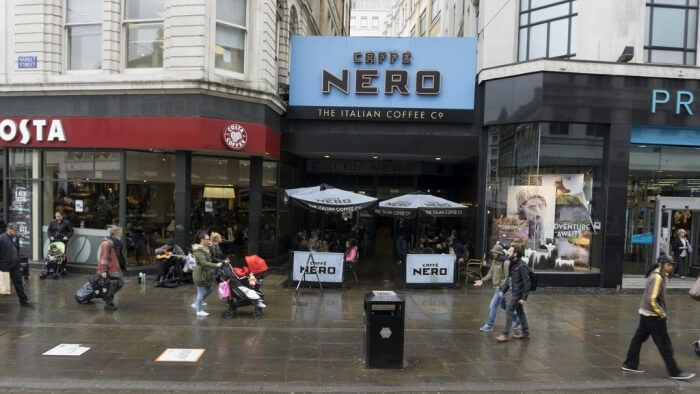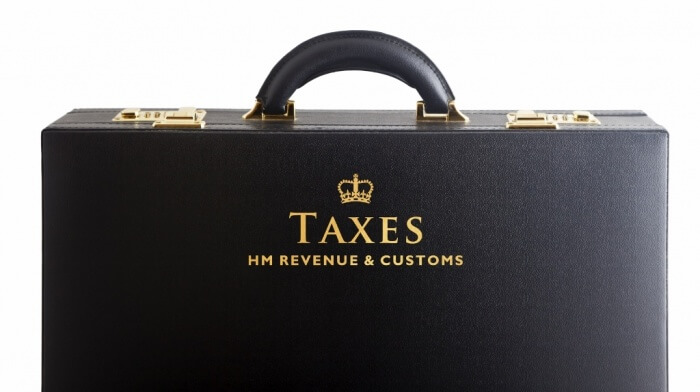Fighting Business Rate Rises With Better Data
Business rates are going up, but clever use of data can mitigate the pain for high street outlets.

Although the government axed its pledge to wipe out the deficit in this administration, people invariably expect to see progress. But how can it bolster Her Majesty’s coffers without reversing prior commitments to lower income and corporation rates?
Last month a controversial solution dominated the news: overhauling business rates. According to experts some businesses will see their bill double over the next five years as a result of the latest revaluation.
This prompted Mary “Queen of Shops” Portas to sound a dire warning in The Telegraph about the potential impact on small business: “I would estimate that at least a third of them will die off."
That’s a shocking thing to contemplate. Although most of my customers are large retailers, I firmly believe that the independents are the heart and soul of the high street. When they’re forced out of business due to rent and rate hikes, all retailers, and communities suffer.
We see this up and down the country with so many high streets being taken over by, to quote Portas again, “charity shops, bookies and Costa”.
Of course businesses that believe their rates are set too high can always appeal, but there’s a sting in that tail. Fighting a backlog of around 280,000 appeals, this process may be about to get much harder.
If the government gets its way, a business rates valuation determined to be inaccurate by the independent Valuation Tribunal for England, would only be corrected if it is deemed ‘outside the bounds of reasonable professional judgment’.
That’s as clear as the proverbial mud. To make matters worse: businesses can only appeal once so if the first attempt fails, that’s the end of the line.
Fortunately the CBI, the British Retail Consortium and many other groups are railing against these proposals and it remains to be seen if they will be successful.
Regardless, we can expect that government won’t give up the fight easily and might come back with another equally threatening proposal. Savvy retailers will be thinking of ways to ensure they broker the best deal for their businesses. But what can realistically be done?
One chronically underused asset that retailers have access to is data. Let’s take a shop that believes its business rates are set unfairly because - despite being in a prosperous area - trade is being negatively affected by a nearby luxury flats construction project.
The business could appeal its rates, but a tribunal will reject the claim if it’s not clear that takings are suffering due to the construction. However, if the shop can show a clear reduction in footfall that correlates with the start date of the development, it stands a much better chance of success.
With all the new systems available to track footfall and in-store customer activity, even independent retailers can afford to invest in basic systems. Not only can these systems provide information to comply with regulation and negotiate business rates, but they will invariably support better daily sales operations.
One of our customers, Story, is a pop-up boutique in Manhattan’s trendy Chelsea area whose merchandise changes every 6-8 weeks. Story gathers anonymised data about footfall and customer journeys using inexpensive security cameras.
These link up to our analytics software, which reports on this data in various ways including through heatmaps, which show the areas in the store where shoppers dwell longest. Store managers can then respond quickly to customer behaviour and adjust their products, marketing, pricing and staffing to boost sales if necessary.
Even retailers whose business rates aren’t affected by the new proposals are likely to face threats, whether they be from online competition, the rise in minimum wage or Brexit-related cost rises and hiring challenges. The winners will be the retailers who can overcome these by using all their in-store data to maximum advantage.
Cliff Crosbie is senior vice president for global retail at Prism Skylabs.
Thanks for signing up to Minutehack alerts.
Brilliant editorials heading your way soon.
Okay, Thanks!




